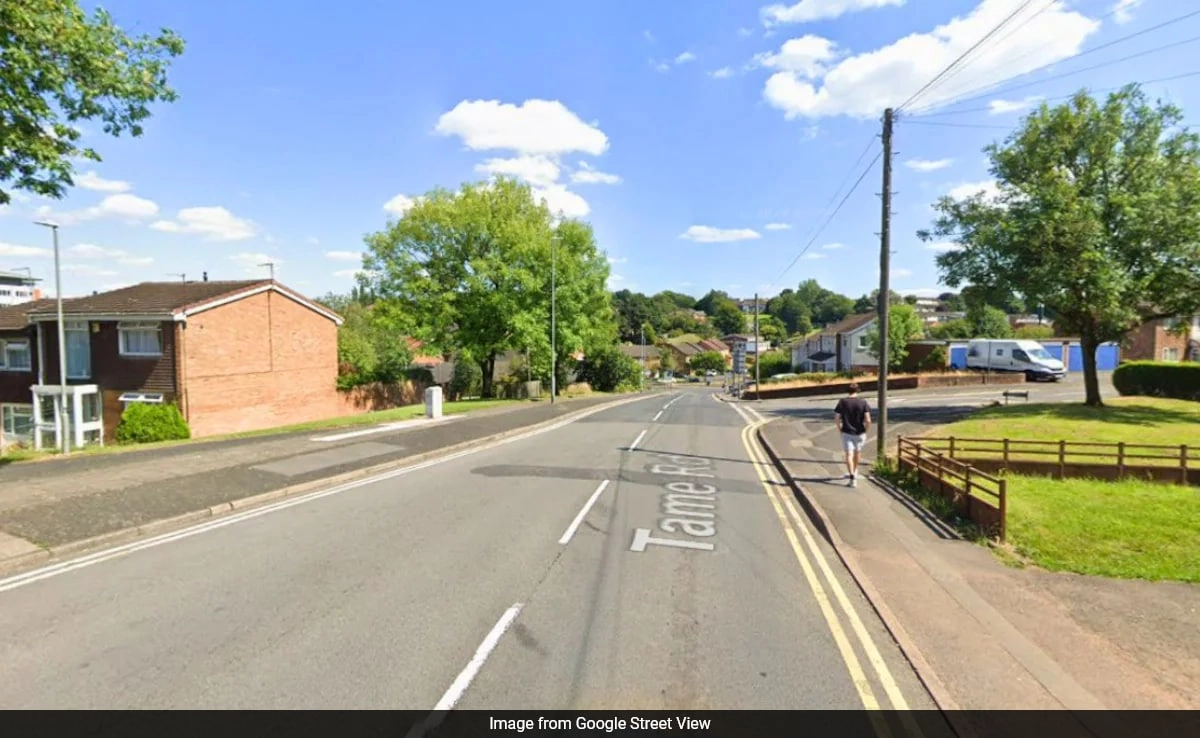In a deeply troubling incident that highlights the pervasive issues of racism and gender-based violence, a Sikh woman in the UK has reported being raped and subjected to horrific racist abuse. This case not only sheds light on the individual trauma experienced by the victim but also underscores the broader societal challenges faced by minority communities. The woman’s harrowing experience is emblematic of the intersectionality of race and gender, revealing how individuals from marginalized backgrounds can encounter compounded forms of violence and discrimination.
The attack, which took place in a public setting, has elicited widespread outrage and condemnation. Many activists and community leaders are calling for immediate action to address both the violence against women and the rising tide of racism in society. The phrase “Go back to your country,” hurled at the victim during the assault, reflects a disturbing trend of xenophobia that has been on the rise in various parts of the UK. This incident serves as a stark reminder of the challenges faced by immigrants and people of color, who are often targets of hate crimes fueled by intolerance and ignorance.
In addition to the immediate physical and emotional toll on the victim, such acts of violence have far-reaching implications for community cohesion and social harmony. The Sikh woman’s plight has sparked conversations around the need for better protective measures for vulnerable populations, as well as the importance of education and awareness-raising initiatives to combat racism and misogyny. Community organizations are mobilizing to provide support for the victim and to advocate for systemic changes that ensure safety and justice for all individuals, regardless of their background.
This incident also raises critical questions about the police response to hate crimes and sexual violence. Many community members express concerns about the adequacy of law enforcement’s efforts to address these issues effectively. There is a pressing need for law enforcement agencies to engage with minority communities, build trust, and ensure that victims feel safe reporting crimes. Only through collaborative efforts can society hope to dismantle the structures that perpetuate violence and discrimination, paving the way for a more inclusive and equitable future for everyone.




